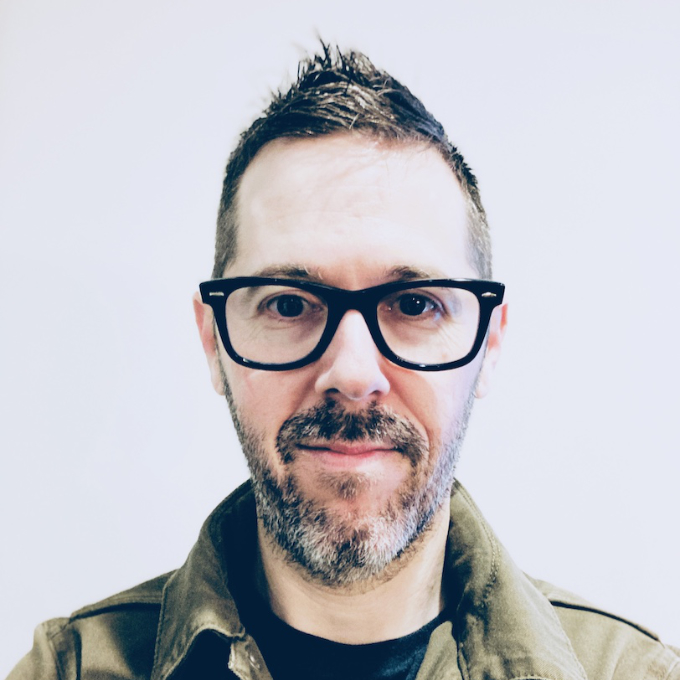From a conversation with Janine Coover
Working in a consultancy or agency is a great place for a new design researcher to get started, primarily because you have a number of different clients, different kinds of challenges, and different team makeups. Oftentimes you have people that you’re working with on your team who have a variety of past experiences with user research. So it not only allows you to get a taste for an experience in different industries that you wouldn’t otherwise have if you are working within a single organization, but it also allows you to see and jump in midstream with projects at different points in their evolution.
What I saw working in-house as a designer and as a consultant at an organization is just how slowly things move. When you’re getting started, I think that it is almost a disservice if you’re stuck with a single perspective, if that’s your environment.
The other thing about working in a consultancy or an agency is that, hopefully, you’re not a team of one—that there’s somebody who has experience and knowledge and a variety of methodologies that they can present to you and introduce in these different situations, so that you can learn from them and they can guide you. I have met many people who had to wing it without a lot of experience, and it can be a very difficult situation. These people don’t have confidence, so they’re reliant on the literature and maybe their academic contacts, but it’s out of context. Having someone who can guide you, mentor you, manage you in context, who knows what the situations are, who can help you respond in real time, is a huge advantage.
And you can also learn by observing: how does this person who has more experience deal with the situation? How do they talk about what they do? How do they creatively think about what the challenges are? How do they define what needs to be learned in the research, and how do they apply the methodologies to that? Because every single research project is different—there’s no cookie cutter approach. So you have to have some basis to determine what approach you are going to take. There’s a wealth of learning that can be had in that situation.
Of the people who enter this field straight out of college or academia, what skills does the agency or consultancy life provide?
I’ve worked with people who come out of rigorous research programs, and there’s this expectation that “when I go into a research session, it needs to meet these specific criteria and every single session needs to kind of cover the same thing.” There’s this idea that you need to have some very specific answers to specific questions.
What I have found, and what I’ve gotten feedback from clients that I do well, is I’m using each session as an opportunity to learn something. And so that evolves from session to session. What I find is that I can start out with a set of objectives and methodologies and themes and things that we need to understand, but you don’t know what you don’t know. And that’s part of what research is about in real life. If you come in with a preconception of what it is that you’re going to end up with, then that’s all you’re going to end up with.
Whereas there are opportunities that can be uncovered in the research where what can be learned in an academic setting feels limiting—it’s not agile enough to be able to respond in real-time situations. That’s one thing.
Another is somebody that comes in with a master’s degree or whatever, but they’ve never had on-the-job experience. I’ve seen some situations where they have confidence that is somewhat unwarranted—they haven’t experienced the world yet. And I guess that’s just being young and well educated; that’s something that everybody’s gonna have to deal with at some point.
One of the qualities that makes you a good researcher is being flexible and inventive—creative with your approach, being a good listener. There’s a saying—something like, “when your cup is full, nothing more can be added.” If you have the idea of what you want or if you feel like you already know what you need to know, then you’re not going to be receptive to other things and open to other possibilities.
I’ve found much easier and better relationships and outcomes with people who are switching from doing something else. They’re bringing their life experience and their life-work skills that they’ve developed elsewhere, and they’re receptive to learning a new discipline.
